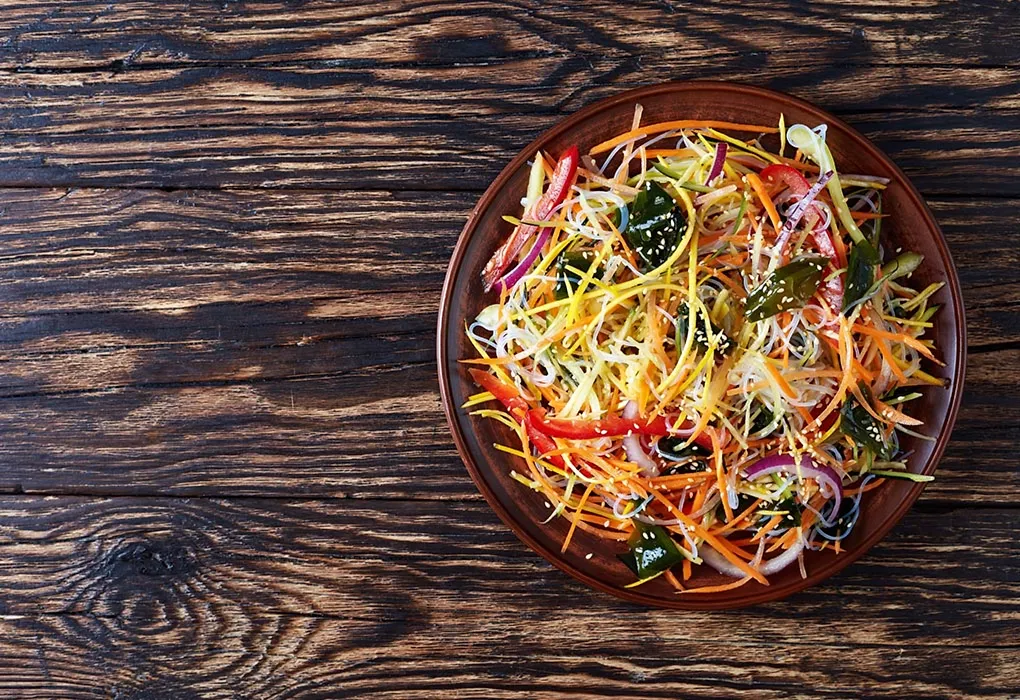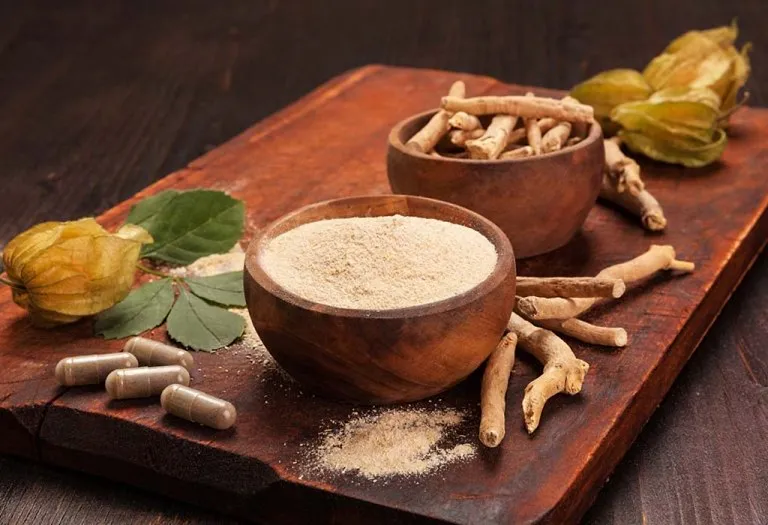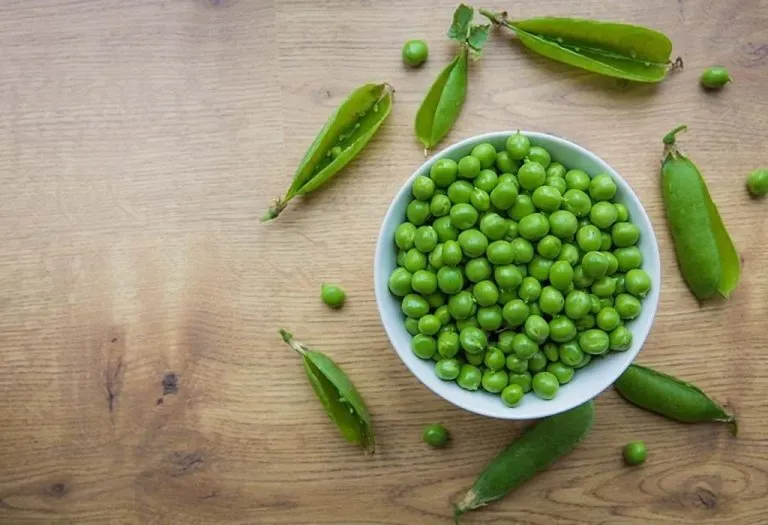Can You Eat Seaweed While Pregnant?

When you are pregnant, you may be required to make certain changes in your diet. If you are a seaweed fan, you may wonder, ‘Is it okay to eat seaweed while pregnant?’ or ‘Is it something that is considered off-limits?’ Well, there are some types of seaweeds that you may safely consume during pregnancy. However, that comes with a word of caution. You need to be careful about consuming seaweed while pregnant. Nothing is more important than your unborn baby’s safety at this crucial stage of life. Is seaweed safe for pregnancy? To find out how safe seaweed is during pregnancy, let’s continue reading the post.
What Is Seaweed and Its Types?
Seaweed has joined the superfood category because of its abundant health benefits (1). It is also considered a natural remedy for many medical ailments. Seaweed is popularly used in many Asian cuisines in both fresh and dried forms. Apart from many culinary benefits, it is also rich in vitamins, minerals, protein, and fibre. Belonging to the algae family, seaweed is usually found in red, brown and green varieties. The red variety is usually used in making sushi (nori), the brown variety is often used to make soups and stews because of its chewy texture, and the green variety is usually used to make salads and soups. Almost all varieties of seaweeds are safe for consumption during pregnancy; however, talking to your doctor is suggested before making any dietary alterations.
Nutritional Value of Seaweed
Nutritional values present in 10 grams or two tablespoons of ‘Raw Wakame seaweed’ (2):
| Nutrient | Value |
| Carbohydrate | 0.9 grams |
| Protein | 0.3 grams |
| Vitamin A | 35.0 IU |
| Vitamin C | 0.3 mg |
| Calcium | 14.0 mg |
| Magnesium | 10.5 mg |
| Potassium | 5 mg |
| Phosphorus | 8.1 mg |
| Sodium | 85.3 mg |
| Fat | 0.1 grams |
| Iron | 0.2 mg |
| Fibre | 0.05 grams |
| Choline | 1.4 mg |
| Beta carotene | 21.60 mcg |
Is It Safe to Eat Seaweed During Pregnancy?
Seaweed is a good source of iodine, a crucial nutrient for proper bodily functions. However, excessive iodine intake can be detrimental, especially for pregnant women, as it can affect the thyroid gland’s functioning. So, can you eat seaweed while pregnant?
To avoid potential risks, it’s advisable for pregnant women to limit their seaweed consumption to no more than one serving per week, as recommended by Food Standards Australia New Zealand (3).
Additionally, there’s a risk of contamination with heavy metals in seaweed, making it essential to seek guidance from a healthcare provider or nutritionist to determine the ideal intake. When consumed in moderation, seaweed can provide benefits such as preventing neurological issues in the developing baby and potentially improving the baby’s reading ability later in life.
Health Benefits of Seaweed in Pregnancy
Eating small amounts of pregnancy seaweed may fetch you many essential nutrients. Some of the benefits may include:
- Seaweed is a rich source of Omega-3 fatty acids; it may help in the better development of the foetal brain (4).
- It is rich in fibre and thus may help in keeping digestive troubles and constipation at bay during pregnancy.
- It is a good source of antioxidants and may help in dealing with various kinds of medical ailments such as anxiety, depression, asthma, celiac disease, arthritis, etc.
- The abundance of vitamin C in seaweed helps in aiding the absorption of iron present in these seaweeds.
- It is helpful in the development of sexual organs, and it is also beneficial in reducing the chances of breast cancer.
- It is said to enhance female fertility and reduce the symptoms of PMS (5).
- Many seaweeds provide essential amino acids that human bodies cannot naturally synthesise.
Health Risks Associated With Eating Seaweed While Pregnant
While seaweed is a nutrient-dense food, its consumption during pregnancy requires careful consideration and moderation due to specific health risks. Here are the health risks associated with eating seaweed while pregnant.
1. Iodine Overload and Thyroid Dysfunction
The most significant risk comes from the exceptionally high iodine levels in certain seaweeds, especially brown varieties like wakame and kombu. While iodine is essential for fetal brain development, excessive intake can disrupt normal thyroid function in both the mother and the unborn baby. This can lead to maternal goitre, hypothyroidism in babies, or hyperthyroidism, and may potentially harm the baby’s thyroid development and cognitive function (6).
2. Toxicity from Heavy Metals and Environmental Contaminants
Seaweeds can absorb and concentrate heavy metals like arsenic, cadmium, and lead from their marine environment. Regular consumption of contaminated seaweed poses a risk of toxic metal accumulation, which can be harmful to the developing nervous system of the fetus. It is crucial to source seaweed from reputable suppliers who test for these contaminants (7).
3. Digestive Discomfort and Excessive Sodium Intake
The high fibre content in seaweed, while generally healthy, can cause bloating, gas, or other digestive issues for some pregnant women, whose digestive systems are often more sensitive. Additionally, some processed seaweed products (like seasoned nori snacks or seaweed salads) can be very high in sodium, which can contribute to water retention and elevated blood pressure.
How Much Consumption of Seaweed Is Safe for Pregnant Women?
It is important to consume seaweed in pregnancy in moderate amounts to avoid the complications of excess iodine levels. You can include fresh seaweed salad in your pregnancy at most once a week, not more than that.
Seaweed Recipe for Pregnant Women
You can make some delicious dishes using seaweed; however, do not forget to consume it in moderation in order to avoid any kind of complications. Here is a detectable salad recipe using seaweed that may help in boosting your iodine levels.
1. Yummy Wakame Salad Recipe
This is a healthy seaweed salad pregnancy recipe that is quick to make and super yummy. It can be used as a side dish or main course. Here is what you may require and how you can make it:
Ingredients
- Wakame Seaweed (dried)- ¾ ounce
- Small apple tart- 1
- Scallions, thinly sliced- 2
- Garlic, minced- ½ teaspoon
- Fresh ginger, grated- 1 teaspoon
- Sugar- 1 teaspoon
- Soy sauce- 2 to 3 tablespoon
- Rice vinegar- 2 to 3 tablespoon
- Sesame oil- 2 tablespoon
- Sesame seeds, roasted- 1 tablespoon
- Fresh cilantro, chopped- 2 tablespoon
How to make
- Take the dried seaweed and soak it in warm water for 5 to 10 minutes.
- Once it is soft, squeeze out the excess water and chop it into strips.
- Take a big bowl, and mix sugar, soy sauce, sesame oil, rice vinegar, ginger and garlic in it.
- Dice the apple tarts and mix them in the above dressing.
- Add scallions and cilantro and mix well. Sprinkle the sesame seeds and relish this delicious salad.
You can make seaweed soup during pregnancy to pep up your iodine levels too.
How to Include Seaweed in Your Pregnancy Diet
Since seaweed is a rich source of iodine, it is essential to cautiously consume it during pregnancy. Here are ways to include seaweed in your pregnancy diet:
- Seaweed in Salads: Incorporate small, rehydrated portions of seaweed into your salads. This enhances the dish’s nutritional profile and adds a unique, savoury flavour, but be mindful that pre-made seaweed salads are often high in sodium.
- Seaweed Wraps: Create healthy and flavorful wraps by using nori sheets as a base. Fill them with fresh vegetables and a source of lean protein for a balanced meal. Nori is often a lower-iodine option compared to other seaweeds.
- Seaweed Soup: Enrich your soups by adding a small quantity of seaweed. A classic example is a mild miso soup with wakame, which can offer a comforting and nutrient-dense option. Limit soups with brown seaweed like wakame to occasional consumption.
- Smoothie Add-In: Give your smoothies a nutrient boost by blending in a small spoonful of powdered seaweed, such as spirulina. This method allows for easy portion control to manage your iodine intake.
- Seaweed Snacks: Choose unsalted or low-sodium nori sheets for a simple, nutritious snack. They are a low-calorie option that can help manage hunger between meals, but always check the label for sodium content.
Can You Eat Seaweed After Pregnancy?
Yes, you can eat seaweed after pregnancy, and it can be a nutritious part of a postpartum diet. However, moderation remains key due to its high iodine content, which can be passed to your baby through breast milk. Here are some of the benefits of eating seaweed after pregnancy.
- Supports Lactation and Infant Development: Iodine is a critical nutrient for a breastfeeding mother, as it is necessary for her baby’s healthy brain and neurological development. Seaweed serves as a potent natural source of iodine, helping to meet the increased nutritional demands of both the mother and child.
- Aids in Postpartum Recovery: The rich array of vitamins and minerals in seaweed can help replenish the body’s stores that were depleted during childbirth. Its iron content assists in restoring red blood cells, while its calcium contributes to maintaining strong bone health during recovery.
- Helps Combat Fatigue and Boosts Energy: The demanding postpartum period often comes with significant fatigue. The diverse blend of essential nutrients found in seaweed can provide a natural energy boost, helping to combat tiredness and support overall well-being.
Safety Considerations
Seaweed can be a nutritious addition to a pregnancy diet, offering essential vitamins, minerals, and iodine. However, certain types and amounts of seaweed may pose risks to pregnant individuals and should be consumed with caution.
When to Avoid Seaweed During Pregnancy:
- Some seaweeds, especially brown varieties like kelp, contain excessive iodine, which can interfere with thyroid function in both the mother and baby.
- Seaweed can absorb heavy metals such as arsenic, mercury, and lead from ocean water. Consuming contaminated seaweed may harm fetal development.
- Seaweed-based supplements are not always regulated and may contain unpredictable iodine or toxin levels. Avoid these unless prescribed by a healthcare provider.
- Consuming raw or improperly washed seaweed increases the risk of foodborne illness, which can be more severe during pregnancy.
- Even low-iodine seaweeds like nori should be eaten in moderation, as excess intake over time can still accumulate and pose health concerns.
- If you have a history of food allergies or are trying seaweed for the first time during pregnancy, there’s a small risk of allergic reaction.
- Seaweed sourced from polluted waters may be contaminated. Only choose seaweed from reputable, tested sources.
FAQs
1. Does seaweed contain a lot of mercury?
Seaweed does contain hazardous metals, including lead, mercury, cadmium, and arsenic, which can be potentially dangerous for the unborn baby. It is important to note that the amount of mercury in seaweed is potentially low and most often, the food safety significance of these heavy metals in seaweed lies in the commodity’s bioaccumulation potential. The mercury levels in green and red seaweeds are significantly lower than in brown seaweeds.
2. Why is there a lead warning on seaweed?
Lead is a toxic heavy metal that is found in seaweeds. It is often associated with potential health risks for the mother and the baby during pregnancy. Hence, there is a warning of lead in seaweeds.
3. Is Dried Seaweed Safe During Pregnancy?
Yes, dried seaweed is safe during pregnancy if consumed in strict moderation. The key concern is its high iodine content. A single small serving can exceed the daily recommended iodine intake for pregnant women.
This was all about seaweed and pregnancy. You may add these wondrous algae to your diet; however, it is also better to stay safe, especially when it concerns the health of your unborn baby. Therefore, ensure that you eat it in limited amounts. Have a healthy and safe pregnancy!
Also Read:
Horse Gram during Pregnancy
Consuming Liver while Pregnant
Consuming Bitter Gourd in Pregnancy
Is it Safe to Eat Potatoes during Pregnancy




































